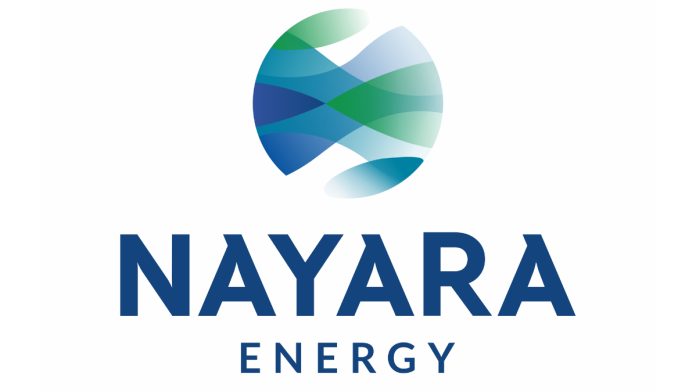The UK government has announced a major set of sanctions aimed at Russian oil companies and the Indian petroleum firm Nayara Energy. The move is part of a broader effort to cut the flow of money to Russia, particularly funds that could support its war activities.
These new sanctions target 90 entities, including Russian oil giants and Nayara Energy, which imported billions of dollars’ worth of Russian crude in 2024. The UK said the measures are designed to hit the financial channels that help fund Russia’s military actions.
What the Sanctions Include
The sanctions target several key areas. Four oil terminals in China and 44 “shadow fleet” tankers transporting Russian oil are included. The Indian company Nayara Energy, which imported 100 million barrels of Russian crude worth over $5 billion in 2024, is also affected.
Earlier, Nayara had faced sanctions from the European Union. The company strongly opposed those sanctions, saying it operates fully within Indian laws and regulations. Nayara stated that the EU sanctions were politically motivated and had no legal basis.
Russian oil giants Rosneft and Lukoil are also on the UK sanctions list. Rosneft alone produces six percent of the global oil supply and nearly half of all Russian oil. Lukoil, together with Rosneft, exports around 3.1 million barrels per day.
The UK government says these sanctions are part of efforts to block the Kremlin from receiving oil revenues. The sanctions also target the so-called “shadow fleet” of tankers that transport Russian oil across the world, making it harder for Russia to continue earning from oil exports.
U.S.-U.K. Unite Against Digital Slavery — Sanctions Hit Scam Networks Exploiting Trafficked Workers
Nayara Energy and Its Ties to Russia
Nayara Energy is partly owned by Rosneft, with a 49.13 percent stake. Another 49.13 percent is owned by an international group, including Italian and Russian investors. The company operates roughly 6,600 fuel stations across India and runs the country’s third-largest oil refinery.
The EU had imposed sanctions on Nayara in July 2024 for dealing with Russian oil. Following these sanctions, Nayara temporarily stopped exports for about two weeks. Exports of gasoline, gasoil, and jet fuel fell to around 80,000 barrels per day in August and September. Before the sanctions, the company exported roughly 138,000 barrels per day from January to July.
The sanctions also affected Nayara’s access to critical equipment and raw materials needed for refinery operations. The company sought assistance from Indian authorities to source machinery and materials, as EU restrictions made it hard to acquire specialized items like catalysts. Shipping operations were also disrupted, with some shipping companies ending contracts and insurance becoming difficult to obtain.
Processing payments for Russian crude became another challenge. Nayara approached Indian banks for support, and the government allowed state-run Uco Bank to handle trade payments for the company. Despite the sanctions, Nayara emphasized that it remains fully compliant with Indian laws and continues to focus on energy security in India.
Global crackdown intensifies as US sanctions 50 firms aiding Iran’s oil exports
Global Oil Giants Also Targeted
Alongside Nayara, the UK sanctions hit two major Russian oil companies. By targeting these companies, the UK aims to reduce the flow of oil money that could fund military operations.
Rosneft’s global significance is considerable. Its production makes up six percent of worldwide oil output and nearly half of Russia’s total oil. Lukoil, another top producer, contributes heavily to Russian oil exports. Together, these companies export more than 3 million barrels of oil every day.
The UK government stressed that these sanctions are part of a coordinated international effort to stop funds from reaching Russia. Measures include restrictions on Russian companies, their shipping operations, and financial transactions.
These sanctions are some of the most extensive imposed recently, showing the UK’s determination to disrupt financial channels linked to Russia’s war funding. By targeting both Russian companies and international partners, the UK aims to limit the Kremlin’s access to oil revenues on a global scale.


